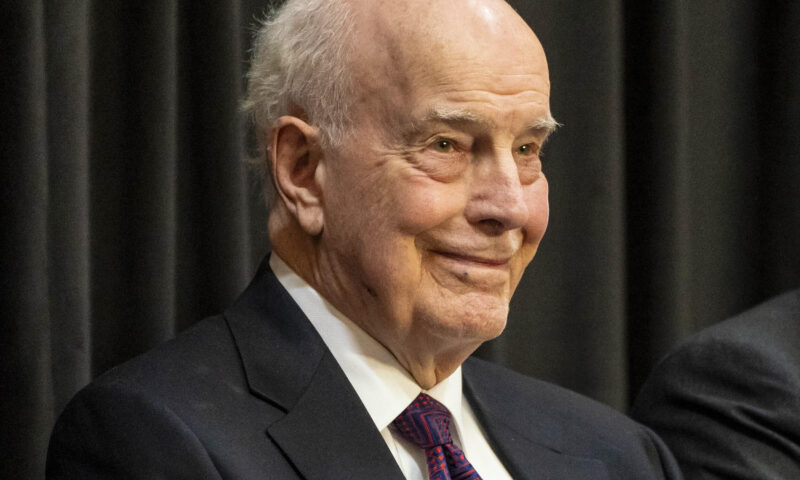Want to live outside the U.S.? Here are some suggestions
(Pictured: Italy, with its stunning views and favorable cost of living, is a highly rated foreign home for U.S. retirees.)
Retirees contemplating a change in surroundings might consider one of five countries for expats.
Luxury cruise specialist Panache Cruises has named its top-five locations for retirees seeking a new life outside of the states. Life expectancy, safety, healthcare, and amenities in each country were analyzed to provide retirees with the most comfortable experience and post-job life.
Italy offers a well-rounded transport infrastructure for residents, spanning buses, trains, and air travel with senior discounts, helping it secure the top spot in Panache’s opinion.
With a reputation as one of the safest countries in the world, experts rank Canada at the number two spot.
Retirees hoping to spend their post-work years surrounded by sunshine and sandy beaches should consider New Zealand, at the number three spot. American expats would be joining 60,000 retirees already living there.
Also included in the top five are Greece and Monaco, both renowned for their quality of life and top healthcare facilities.
James Cole, founder and managing director of Panache Cruises, said:many retirees choose to travel once they have finished working, to explore areas of the world they have never seen before. And those “looking to settle permanently in another country should consider important factors before jetting off. Researching how to obtain citizenship is an obvious starting point. and each country will have its own unique set of requirements. However, living in most countries part-time is usually easily attainable.”
As a general rule, Cole said, “you can stay in many of the world’s top destinations for 90 days on a standard tourist visa. Many other countries offer retirees 180-day visitation visas, which will allow you to spend six months of every year away from the U.S.”.
Here’s more of what Panache says about its top five:
Italy
Expats here can be assured to experience a fuller and longer retirement. Italy offers pleasure which can be experienced at a leisurely rate, with stunning views, beaches, food and wine all on offer. Cost-of-living is also favorable, especially within the southern areas of the country.
Canada
With a reputation for being one of the safest countries in the world, American retirees moving to Canada can expect a quiet and peaceful life. Home to some of the best landscapes and views the world has to offer, the country is the perfect spot for wildlife-watching expats. Canada offers free healthcare to its citizens and permanent residents. The quality of life offered for expats makes it such a good option for retirees. Most visitors can stay for up to six months, but emigrating can be complex.
New Zealand
This stunning country welcomes expats and retirees from all over the world. New Zealand has a reputation for peaceful, laid-back lifestyles for all. The universal public healthcare system is also rated highly against others around the world. New Zealand is the perfect destination for outdoor-loving retirees, with an abundance of hiking, sailing, and walking.
Monaco
Thanks to its tax-haven status, there is a thriving expat community here, with retirees from across the world. They experience a luxurious lifestyle, stunning Mediterranean coastline, and cultural attractions. As of 2022, Monaco had the oldest population in the world, with 36 percent over the age of 65. These numbers are assisted by the healthcare and safe environment in the country, making it even more favorable for American retirees. Recreational activities include golf, tennis, swimming, and sailing. Moving to Monaco isn’t cheap, though, given that a deposit of 500,000 Euros must be made in a local bank account before applying to become a resident.
Greece
This sunshine-filled Mediterranean country has long been a hotspot for travelers and retirees alike. The Greek islands offer expats a life of blue skies and sandy beaches. The affordable cost of living, warm hospitality, and stunning scenery are part of what makes the country so attractive for retirees. With an average over 250 sunny days per year, Greece is the perfect spot for sun-seekers.


